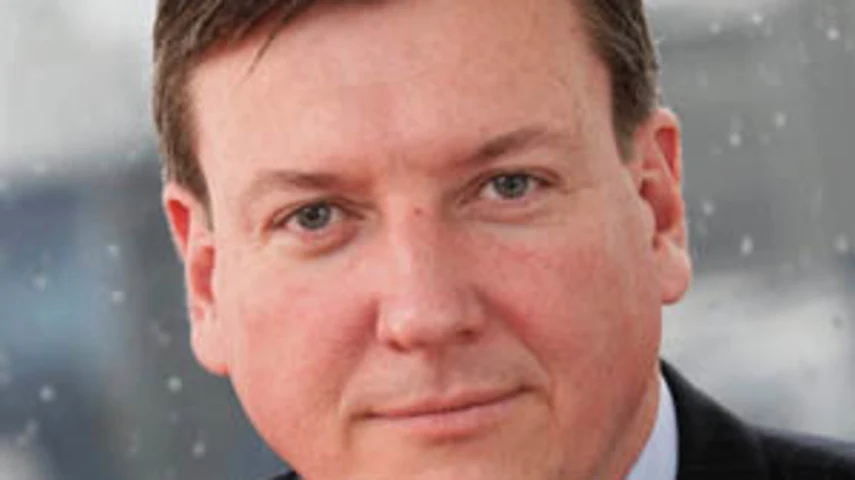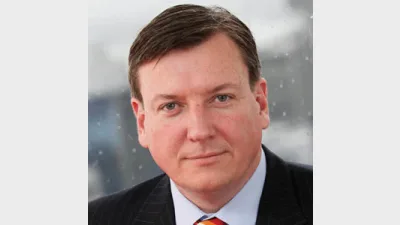FSC tells FWC to cease default fund process



The Financial Services Council (FSC) has written to the president of the Fair Work Commission, Justice Iain Ross, demanding that the default funds under modern award review process should cease.
The FSC letter, signed by its chief executive, John Brogden, followed the Commission’s decision to stand-down two members of the three-person expert superannuation panel over perceived conflicts of interest.
In the letter, Brogden states that the FSC believes the default fund process should stop and that no further appointments be made by the commission to the expert panel. However, Justice Ross last week moved to continue the process by appointing economist and former Australian Council of Trade Unions staffer, Tim Harcourt.
Harcourt was a member of the FWC’s minimum wage panel.
In a supplementary submission filed with the FWC, the FSC argued that in the absence of the two expert panelists stood aside by Justice Ross, the constitution of the panel did not fulfil the requirements of the underlying legislation.
The FSC submission also argued that the legislation did not provide scope for the FWC president to appoint anyone other than a person with the necessary superannuation expertise to the panel.
Recommended for you
The super fund has launched Retirement Manager, a digital advice tool helping members plan income, spending, and retirement confidence with integrated support.
APRA has warned retail super trustees that financial adviser involvement in recommending platform products does not diminish their obligations, as regulators turned the spotlight on the Shield Master Fund and First Guardian Master Fund during a meeting with fund CEOs.
AMP’s chief economist has unveiled a wish list for the Australian government’s Economic Reform Roundtable.
Australian retirees could increase their projected annual incomes between 3 and 51 per cent by incorporating personal and household data into their retirement income strategies, according to new research.









